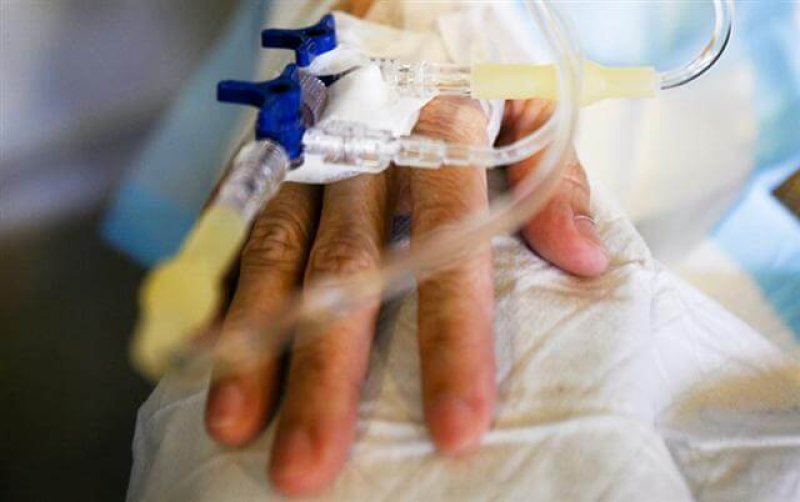Ambitious efforts to prevent or beat cancer are important, but we can’t overlook or undervalue the incremental breakthroughs that could quickly reach patients and improve lives. What if, for example, we used CRISPR to make chemotherapy a bit less terrible for patients suffering with cancer now? That’s something my colleagues and I are trying to find out.
…
We are using CRISPR to disable an essential gene that is responsible for the development of chemotherapy resistance. To do this, we inject the CRISPR payload into a tumor using an FDA-approved viral delivery system. Our experiments with the Wistar Institute have shown that the virus brings CRISPR to all the cells within the tumor — and no further. Once the payload gets inside cancer cells, it deactivates their self-defense mechanisms.
With this disruption, so the thinking goes, chemotherapy will be more effective because the gene or genes that confer resistance are disabled. Put simply, if we disrupt a cancerous cells’ ability to defend themselves, we can use smaller doses of chemotherapy. That would make the treatment more effective, kill fewer healthy cells, and make the disruption to patients’ lives much more manageable.
…
The future of gene-editing is full of big things — big breakthroughs, big ethical questions, and big business — but we must not overlook the value of smaller wins. Those, in fact, can be big wins for patients.
Read full, original post: Using CRISPR for the ‘smaller wins,’ like making chemotherapy less toxic































